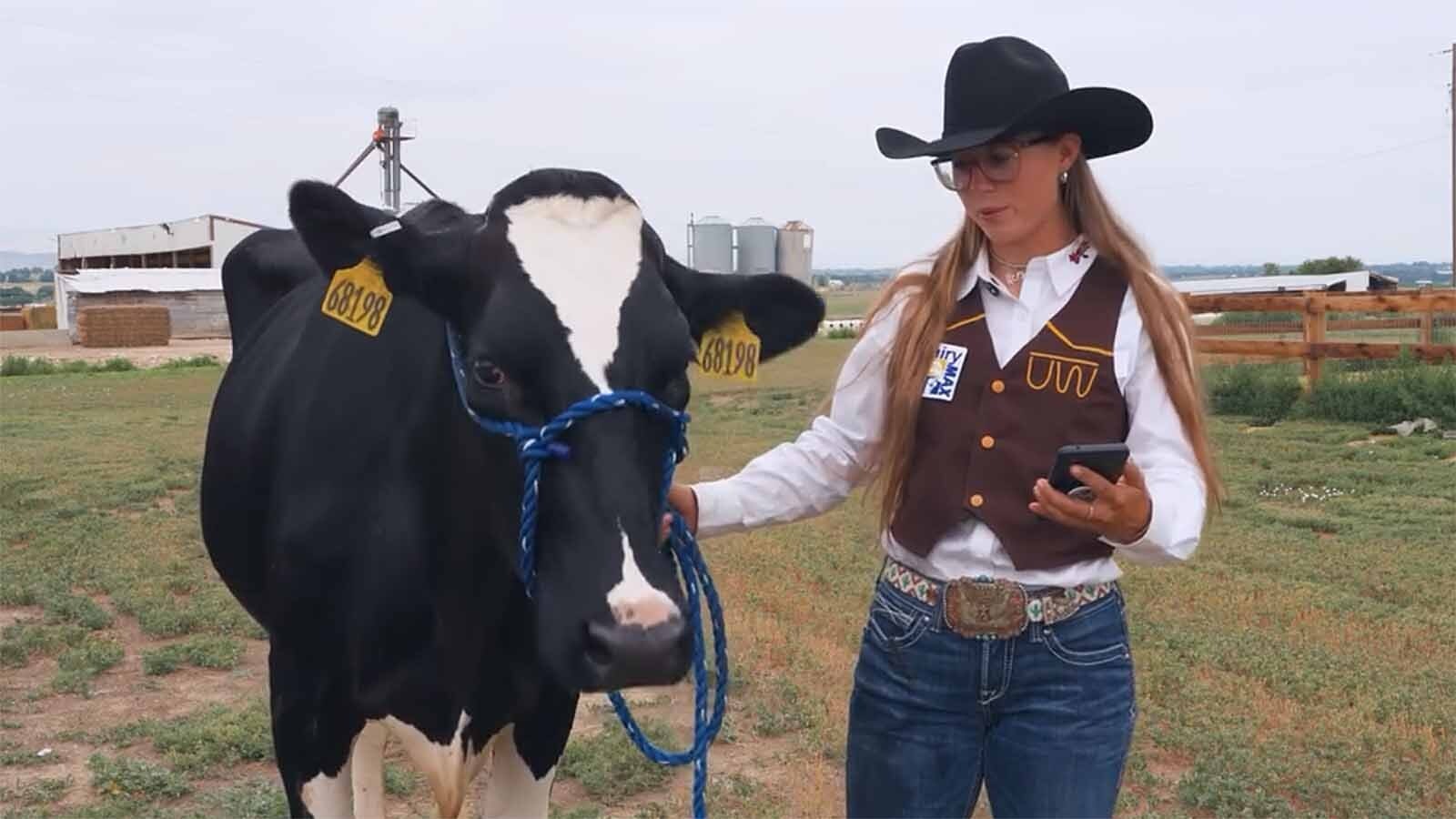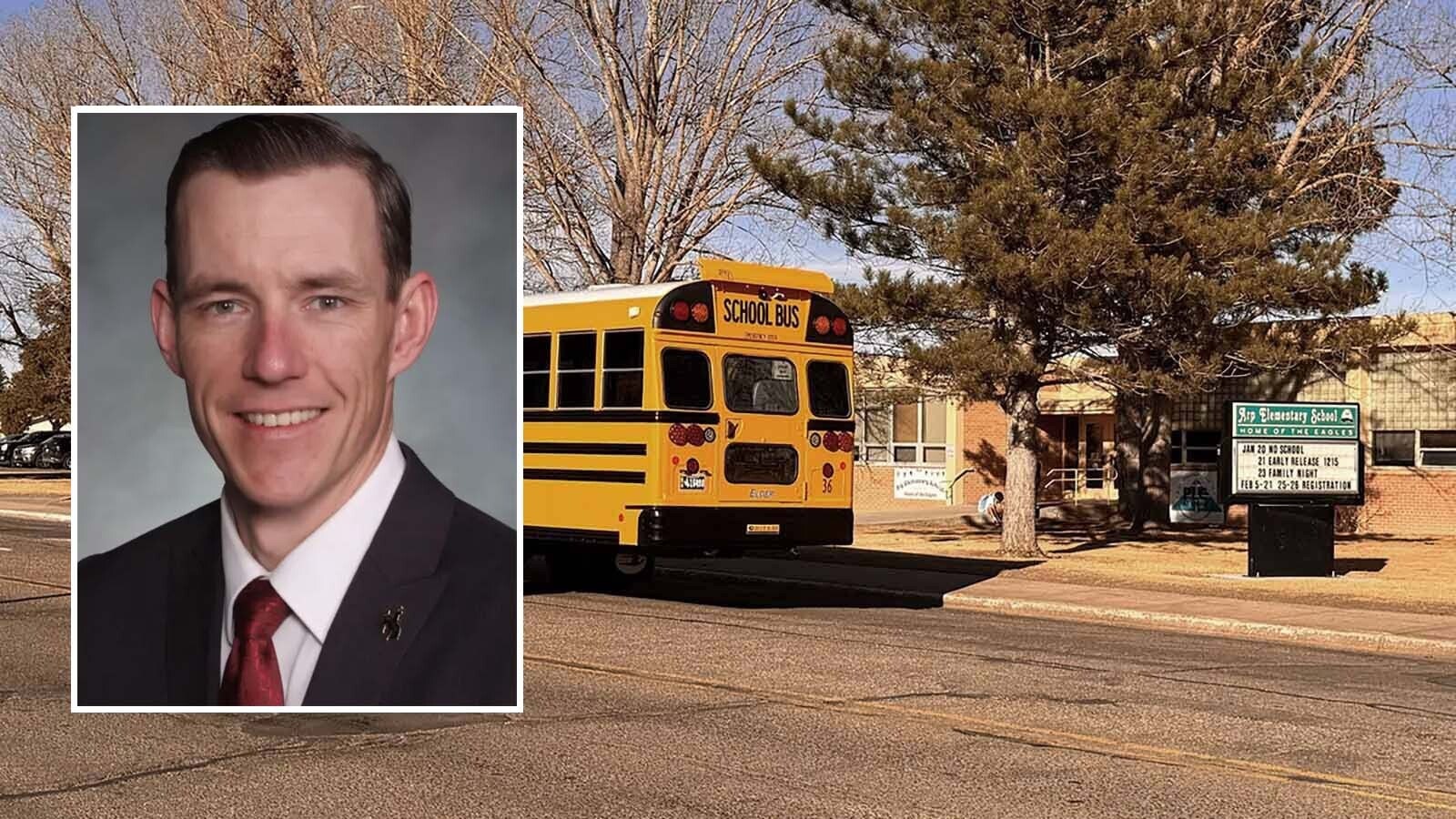An end may be in sight for Jackson, Wyoming, workers who live in Idaho and have had to add hours of extra travel a day to get around a “catastrophic” failure of Highway 22 that has kept Teton Pass closed for a week and a half.
On June 8, a large chuck of the mountain slid away from under Highway 22 at milepost 12.8, sending it into the ravine below. This event and the full-blast, 24/7 road reconstruction effort is now being referred to as the “Big Fill Slide.”
On Monday night, the Wyoming Department of Transportation announced that officials hope to have a temporary rerouting of the road paved by the middle of next week and the road opened to traffic “soon after.”
Bob Hammond, WYDOT resident engineer in Jackson, clarified to Cowboy State Daily on Tuesday that the road could also be open for drivers as well by mid-next week. He said paving could begin as soon as this weekend.
Since the slide, WYDOT has been working around the clock to build a temporary detour to reopen the pass, while also working on a more permanent reconstruction plan that will likely take months.
For the time being, people have had to detour through Swan Valley to Alpine and then up the Snake River Canyon, a distance of 85 total miles to cover the 24 miles between Jackson and Victor, Idaho, over the pass.
‘Pretty Smoothly’
Hammond said the construction effort, which began soon after the road collapsed, has been going “pretty smoothly” with only minor challenges along the way.
One of the biggest challenges happened Monday night when fresh snowfall on Teton Pass halted work for the night. Hammond said there wasn’t much snow accumulation, but it was falling hard enough to make conditions slick and ruin visibility.
“Working in that is pretty dangerous,” Hammond said. “With the high beams you can’t see.
Other than that, Hammond said the work has been going relatively smoothly on the effort to reopen the pass, with crews working two, 12-hour shifts alternating to cover all 24 hours of the day.
“Each day they’re getting right back to work,” Hammond said.
Even though the workaround won’t be permanent, Hammond stressed that it’s no walk in the park. Crews are first laying down a base of crushed gravel, followed by concrete, road striping and new signage.
“Just because it’s paved doesn’t mean it’s ready to have it open,” Hammond said, adding that a road can usually open relatively soon after the paving is complete.
On Monday, U.S. Secretary of Transportation Pete Buttigieg was in Cheyenne and briefed on the Highway 22 road collapse by WYDOT staff. Buttigieg said the federal government will try to get financial assistance and technical support to Jackson for the reconstruction as soon as possible, helped by Gov. Mark Gordon’s emergency declaration soon after the event.
“The biggest message that I want folks who have been impacted by this to hear is we’re doing everything we can to provide resources, because for a lot of folks this is not a question of recreation or convenience, this is a real bread and butter issue,” Buttigieg said.
The original cost estimate for the detour reconstruction was $430,000, but Hammond said the final cost will be higher than this when including certain safety features and signage.
The Impact At The Hospital
Many people who work in Jackson commute in over the pass from Idaho because they can’t afford the high housing prices in Jackson.
St. John’s Health, Teton Valley’s largest employer, is also heavily dependent on a workforce commuting from Idaho.
Spokesperson Karen Connelly said for the hospital's dozens of commuting employees, the days since the closure have been very long and emotionally draining. Connelly wouldn’t describe the reopening of the pass as an emergency, but it is “very urgent” for staff at the hospital.
“Many of our employees work 12-hour shifts, and the twice-daily two-to-three-hour commute adds a major strain,” Connelly said. “Employees have partners, families, pets and homes. They would obviously prefer to be home at the end of a long work day rather than stuck in slow-moving traffic.”
But Connelly said it’s also been impressive to see the problem-solving taking place to resolve the situation, perseverance shown and a sense of community developed among co-workers.
She said St. John’s has connected some of its team members to longer term housing or camping options, opened an online resource where employees can reserve a sleep room at the hospital if they choose not to return home between shifts, and are providing a $120 round trip stipend to help mitigate the situation for employees commuting from Idaho. Its Wellness Center is also offering programs such as cafe gift cards for all employees.
Although all levels of the organization have been affected by the road closure in some way, the facility has been able to keep all of its services open.
Other Places Around Town
Sarah Lilley, a manager at the Antler Inn in Jackson, said although their bookings have been roughly the same, the closure has impacted six employees who now must take the much longer detour to get to work.
“It added time to their commutes,” she said.
The motel allows employees to stay overnight if they choose.
Lilley said the detour has impacted a few guests, but it didn’t stop any of them from eventually making it to the motel via the detour.
As far as overall traffic around town, Jackson Police Chief Michelle Weber said there hasn’t been a noticeable increase, although there has been an uptick in vehicle collisions.
Weber said her police department was uniquely unaffected by the road closure because her officers already work 12-hour shifts of three to four consecutive days followed by three to four consecutive days off. As a result, the department offers a bunkhouse for staff driving in from a distance away to sleep in, some of whom live as far as 76 miles away, Weber said.
“You kind of have to when you’re working 12-hour shifts,” she said.
Leo Wolfson can be reached at leo@cowboystatedaily.com.










